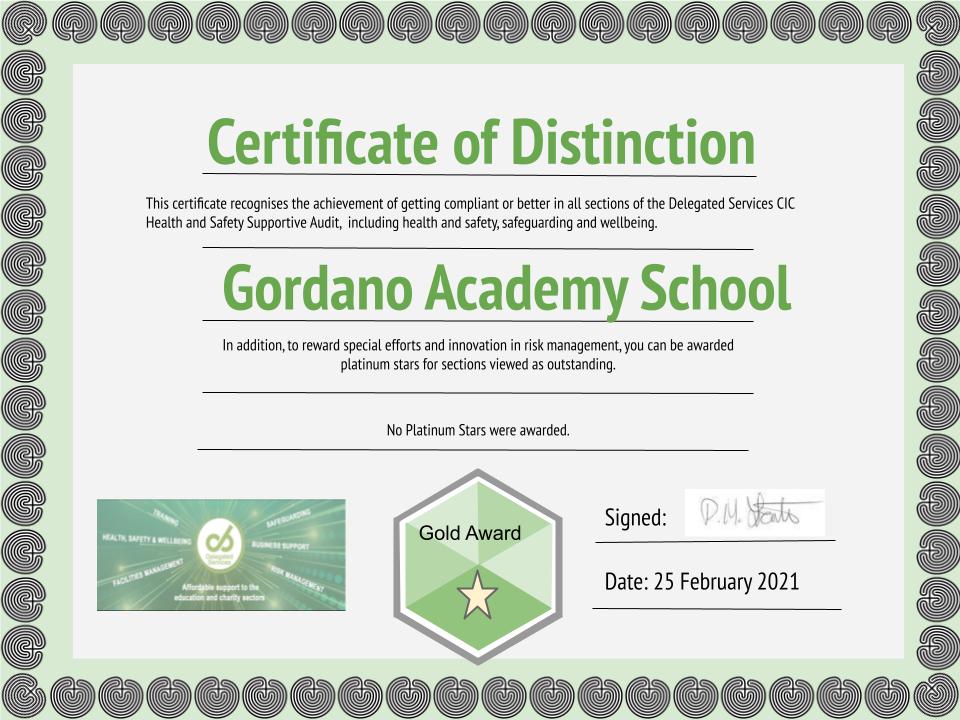Physics A Level
Course Description
Physics offers students the opportunity to understand all that is around them, from sub-atomic particles to the entire Universe. As physicists they will develop new ways to observe and understand the way the Universe works.
The course is built around six modules that help develop students’ knowledge, understanding and skills in Physics. As in other sciences, the Physics A Level contains a significant practical element, which is designed to enhance students’ experimental skills. This approach also allows students to explore the world around them in an exciting, hands-on way that supports their theoretical understanding.
Assessments completed throughout the year give students plenty of opportunity to reflect on their progress and address areas of development, with the support and guidance of their teachers.
| Contact: | Dr S Newnham | Exam Board: | OCR A |
| QAN: | 6014743X | Subject Code: | Ph |
The Course
Entirely examined through three papers. The third paper is of a synoptic nature.
You will also complete practical activities across the two years, which cover 12 key areas of practical skill. Competent completion of these will result in a PASS in practical skills.
Physics A level content is split into six teaching modules. Modules 1- 6, combined with the Practical Endorsement, constitute the full A level. The modules can be summarised as:
Module 1 - Development of practical skills
Module 2 - Foundations of physics
Module 3 - Forces and motion
Module 4 - Electrons, waves and photons
Module 5 - Newtonian world and astrophysics
Module 6 - Particles and medical physics
Entry Requirements
Students must achieve two Grade 6s in GCSE Combined Science or a minimum of two Grade 6s including Physics in GCSE Triple Science results.
Due to the mathematical and linguistic requirements of the course, this needs to be coupled with a Grade 6 in Maths and English.
Possible Subject Combinations
Maths is a superb (though not compulsory) complement to the course, especially the Mechanics element. Note that those wishing to study Physics or Engineering at a premier university will almost certainly also require Maths A level.
Students not studying Maths A Level, may wish to choose Core Maths as an AS to support this subject.
What do the students say?
“It’s very useful as it explains a lot of real world processes”
“Very helpful teachers and a very interesting course!”
“Good extra-curricular opportunities on offer which are highly thought of by universities.”
Where can Physics take me?
Physics is regarded as incredibly desirable (if not essential) for a wide range of careers and further educational studies. From engineers to astronomers, medics to accountants and bankers to architects, many professionals are likely to have some background in Physics. It is also worth noting that those who have studied Physics typically earn higher salaries than their peers.
Assessment
| Assessment | % A Level | |
|---|---|---|
|
Paper 1 |
Modelling physics (01) 100 marks. |
37% |
|
Paper 2 |
Exploring physics (02) 100 marks. |
37% |
|
Paper 3 |
Unified physics (03) 70 marks. |
26% |
|
Practical endorsement |
In class practical activities that must be completed to a satisfactory standard to pass the course. Assessed by class teacher. |
0% |








